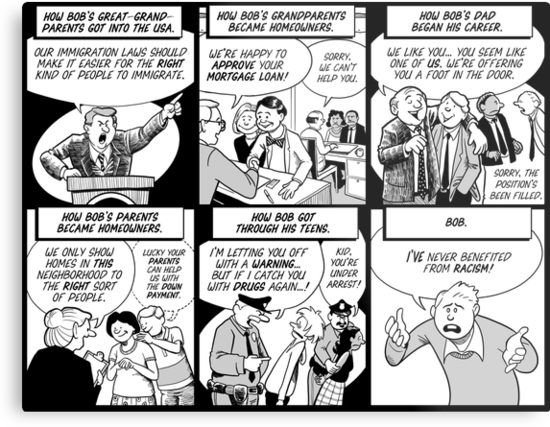
“Malala’s message is true, it is profound, it is something the world needs to take note of; education is a right of every child, but Malala has been used as a tool by the West.”
This Huffpost article examines Malala’s rise to international recognition as part of a history of the institutionalized, racist narrative that has been used by journalists and politicians to quell the guilt of the white man and justify the West interfering in other countries. Part of this narrative is the demonization of the non-white Muslim man, who is portrayed as a savage without the capacity for reasonable negotiation, leaving the West with no choice but to resort to violence, war, drone strikes, etc.
Click here to read the long form of the article.
This article resonated with me because, while I admire Malala’s spirit and message, it always bothered me that she was getting immense amount of Western attention when there are hundreds of thousands just like her who are overlooked. Why was this one girl singled out? What about the others that have undergone similar abuse, not only by those we mark as enemies and extremists, but by our own soldiers? Why does we choose to focus only on the brutality of the Taliban, but not on our own nations’ contributions to the conditions by entering into war and destabilizing the regions and making them vulnerable to groups like the Taliban?

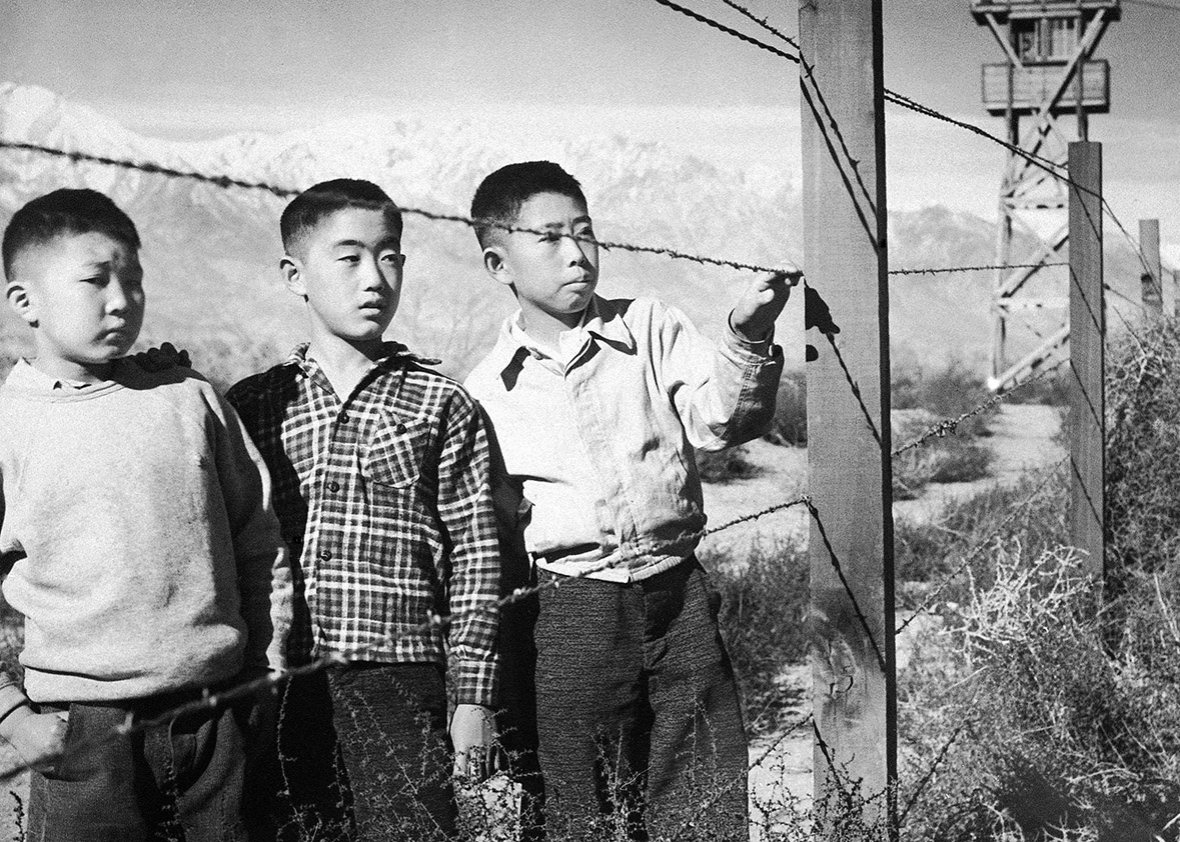

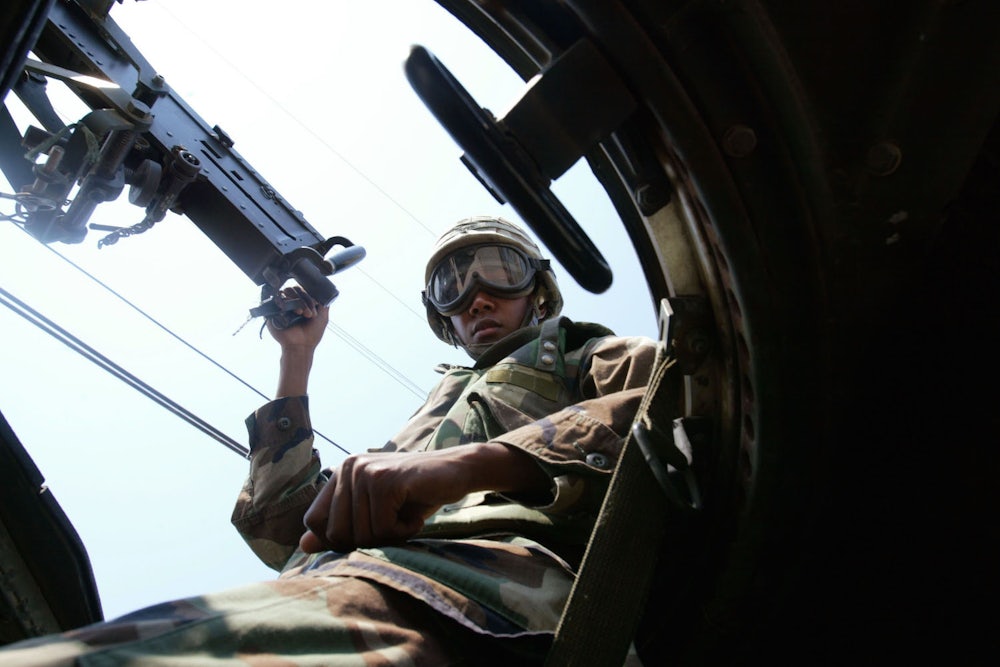

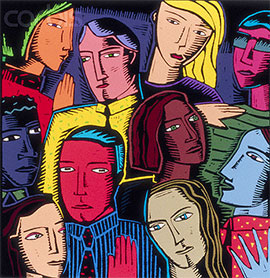
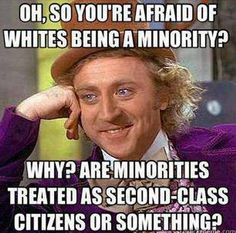
 Keith Maddox and Sam Sommers, associate professors at Tufts University, speak on racial stereotyping and its effects on employment. They discuss the research behind claims of “colorblindness” and how this thinking is ineffective.
Keith Maddox and Sam Sommers, associate professors at Tufts University, speak on racial stereotyping and its effects on employment. They discuss the research behind claims of “colorblindness” and how this thinking is ineffective.